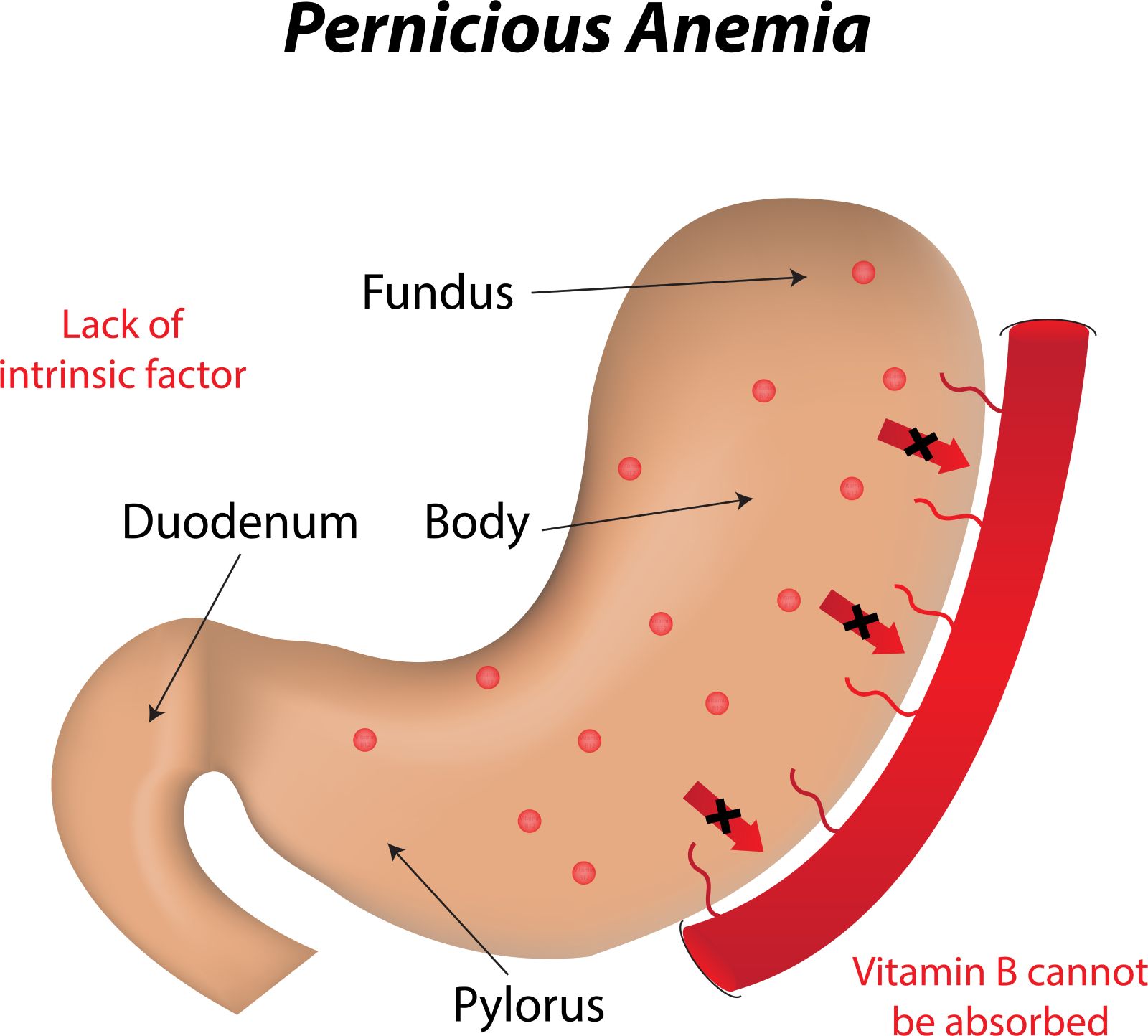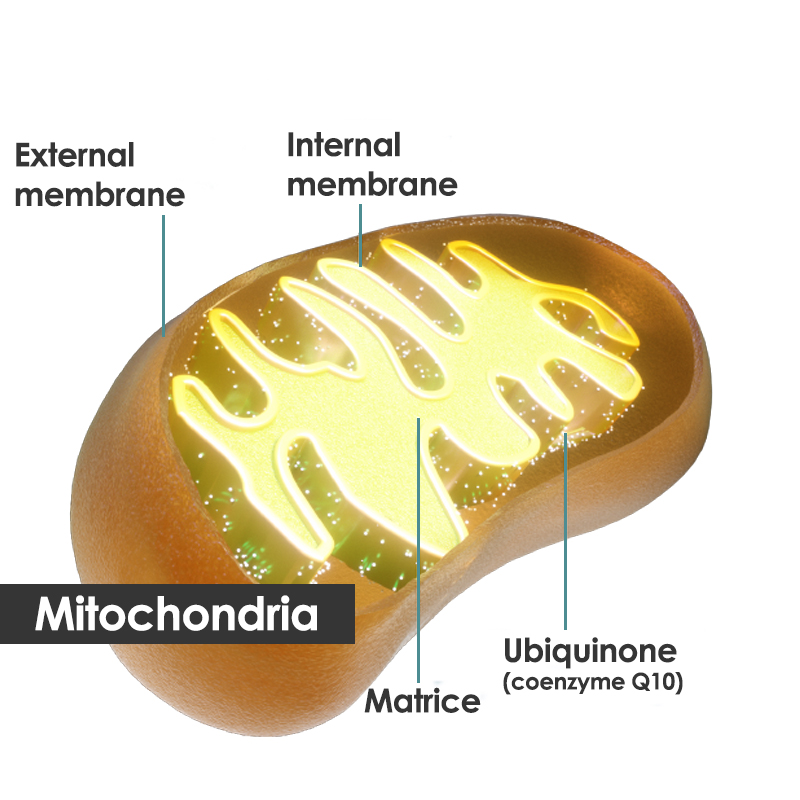.png)

By Frankie Brogan
Senior Nutritionist
Tired all the time? You’re not alone.
Tiredness is one of the most common health complaints we have in the UK.1 Tiredness can be a tricky problem to overcome, however, as there are many potential causes. Medical conditions, the stresses of daily life and poor sleep quality can all be culprits. Low levels of certain nutrients can also lead to tiredness, so making sure we get all the right nutrients in our diet is essential.
Here, we’ll talk about some of the most common nutritional shortfalls to consider when trying to safeguard your energy levels.
1) Iron 
This mineral is important for the proper production of red blood cells which carry oxygen throughout the body. This oxygen is needed for ‘cellular respiration’; a process in which our cells convert our digested food into energy. Low iron can lead to ‘iron deficiency anaemia’, associated with tiredness and fatigue.
Iron can be found in both animal foods such as red meat, poultry, and plant foods, such as green leafy vegetables, legumes, and sesame seeds.
It’s worth noting that non-animal-based iron (also known as ‘non-heme’) does not absorb as well as animal-based iron. This absorption can be improved, however, by supplementing your dietary iron intake with vitamin C.2
2) B12 
As with Iron, vitamin B12 is essential for the production of oxygen-delivering red blood cells and therefore supports energy-yielding metabolism.
B12 is found primarily in animal foods such as meats and dairy products, so vegetarians and vegans may be at a higher risk of missing out without consuming B12 fortified plant-foods or supplements.
If considering supplementing with B12, note that some people have difficulty absorbing this vitamin through the gut as they lack something known as ‘intrinsic factor’ which is used to transport B12 through the digestive tract. This may include people with the autoimmune condition ‘pernicious anaemia’.
For this reason, B12 which is formulated to absorb in the mouth (such as a pastille) rather than being swallowed whole, can be especially effective.
3) Other B vitamins
As well as B12, other B vitamins are very important for optimum energy production. Vitamins B1, B2, B5, B6, and B3 all contribute to energy-providing metabolism.
Vitamin B3 (niacin) is especially important to consider as the body uses it as a precursor to produce the compound, NADH. NADH works alongside the vitamin-like compound coenzyme Q10 (CoQ10) in the mitochondria, the part of the cell responsible for energy-providing metabolism.3

4) Coenzyme Q10
Speaking of CoQ10, this is another compound used by the mitochondria, which are often known as the ‘batteries’ or the ‘powerhouses’ of the cells. Thanks to the help of compounds such as CoQ10, these mitochondria convert the food we eat into the molecule ‘ATP’ (adenosine triphosphate). This ATP molecule can then be used by the body to release energy.
We naturally produce CoQ10 in the body, but unfortunately, research has shown that this production can decline for various reasons, including the natural ageing process. This combined with a lack of substantial dietary sources has resulted in CoQ10 supplementation becoming a popular consideration.4
5) Magnesium
Magnesium contributes to the reduction of tiredness and fatigue, but how?
This mineral is the real workhorse of nutrients being involved in over 600 different enzymatic reactions in the body, including energy-providing metabolism. As mentioned earlier, when we eventually metabolise our food, the mitochondria produce the molecule ATP which is used for energy. However, before this ATP can actually be used by the body, it must first combine with magnesium.5
Dietary sources of magnesium include spinach, nuts, and whole grains. Dietary intakes of magnesium in the UK are low, however, resulting in an increased interest in magnesium supplements.6
Learn more about our supplements >
References:
1. Stadje R, Dornieden K, Baum E, et al. The differential diagnosis of tiredness: a systematic review. BMC Fam Pract. 2016;17(1):147. Published 2016 Oct 20. doi:10.1186/s12875-016-0545-5
2. Cook JD, Monsen ER. Vitamin C, the common cold, and iron absorption. Am J Clin Nutr. 1977;30(2):235-241. doi:10.1093/ajcn/30.2.235
3. Pirinen E, Auranen M, Khan NA, et al. Niacin Cures Systemic NAD+ Deficiency and Improves Muscle Performance in Adult-Onset Mitochondrial Myopathy [published correction appears in Cell Metab. 2020 Jul 7;32(1):144]. Cell Metab. 2020;31(6):1078-1090.e5. doi:10.1016/j.cmet.2020.04.008
4. Aaseth J, Alexander J, Alehagen U. Coenzyme Q10 supplementation - In ageing and disease. Mech Ageing Dev. 2021;197:111521. doi:10.1016/j.mad.2021.111521
5. Yamanaka R, Tabata S, Shindo Y, et al. Mitochondrial Mg(2+) homeostasis decides cellular energy metabolism and vulnerability to stress. Sci Rep. 2016;6:30027. Published 2016 Jul 26. doi:10.1038/srep30027
6. Derbyshire E. Micronutrient Intakes of British Adults Across Mid-Life: A Secondary Analysis of the UK National Diet and Nutrition Survey. Front Nutr. 2018;5:55. Published 2018 Jul 19. doi:10.3389/fnut.2018.00055
